Going green is easier than you think. There are small things you can do daily to help reduce greenhouse gases and make a less harmful impact on the environment.

Here’s our little list of easy ways you can save the planet, with hardly any effort. We like to see taking care of our planet as a privilege.

Leave your car at home
Walk or ride your bike to work, school and anywhere you can. Even better, use public mass transit to reduce greenhouse gases. Bonus: you’ll be burning extra calories too!

Recycle
There are so many ways you can help reduce pollution just by putting that drink can in a recycle bin. When shopping, pick the one with the least packaging. Get a reusable coffee cup and fill it up instead of getting a new paper cup each time you pop to the coffee shop. At the office, re-use printed paper on the other side as scrap or doodle paper.

Make your home more energy efficient (and save money)
Clean your air filters so your system doesn’t have to work overtime. Change your light bulbs. Compact fluorescent light bulbs (CFLs) last 10 times longer than a standard bulb and use at least two-thirds less energy. Purchase ENERGY STAR products, which have met EPA and U.S. Department of Energy guidelines for energy efficiency. Set a programmable thermostat. It will automatically adjust the heat or the air-conditioning to match your daily patterns. You won’t waste energy while your home is empty, and you won’t have to remember to turn the thermostat up or down.
Say yes to paperless

Get e-statements to curtail junk mail. Login to your bank and utilities accounts to select “go paper free” and you’ll save trees, water, and emissions, too.
Skip red meat once a week
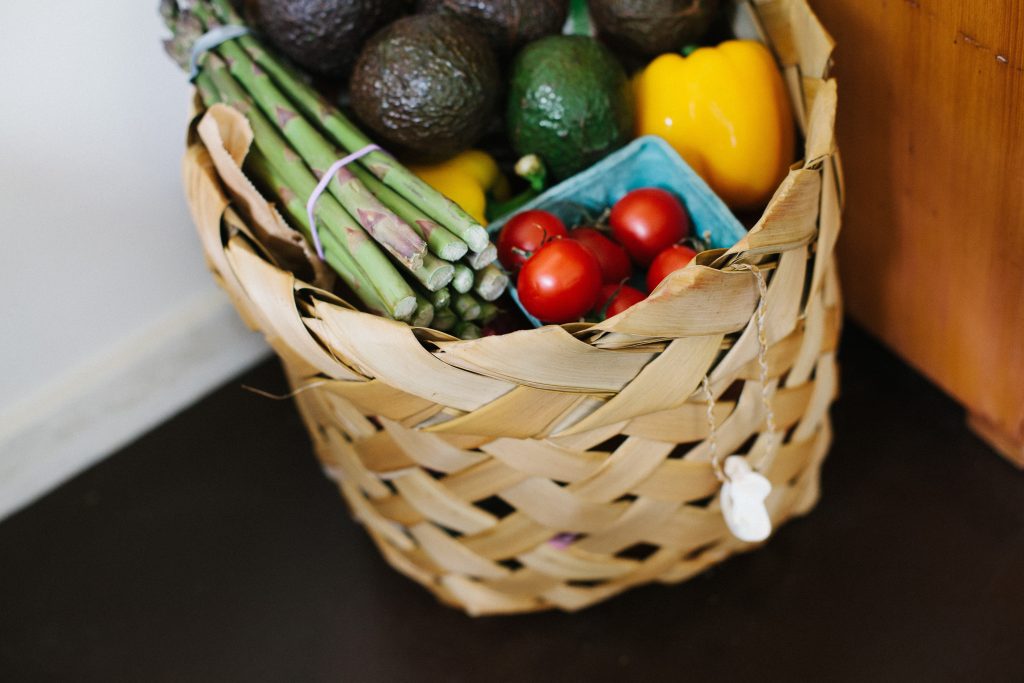
Meat production―especially in mass-produced beef―is extremely resource-intensive. It can take seven or more pounds of grain to produce one pound of beef, and livestock consumes 70 percent of America’s grain. Eat less of it and choose pasture-fed, sustainably raised beef whenever you can. If you alone gave it up once every seven days, you would save the 840 gallons of fresh water it takes to produce a single serving.
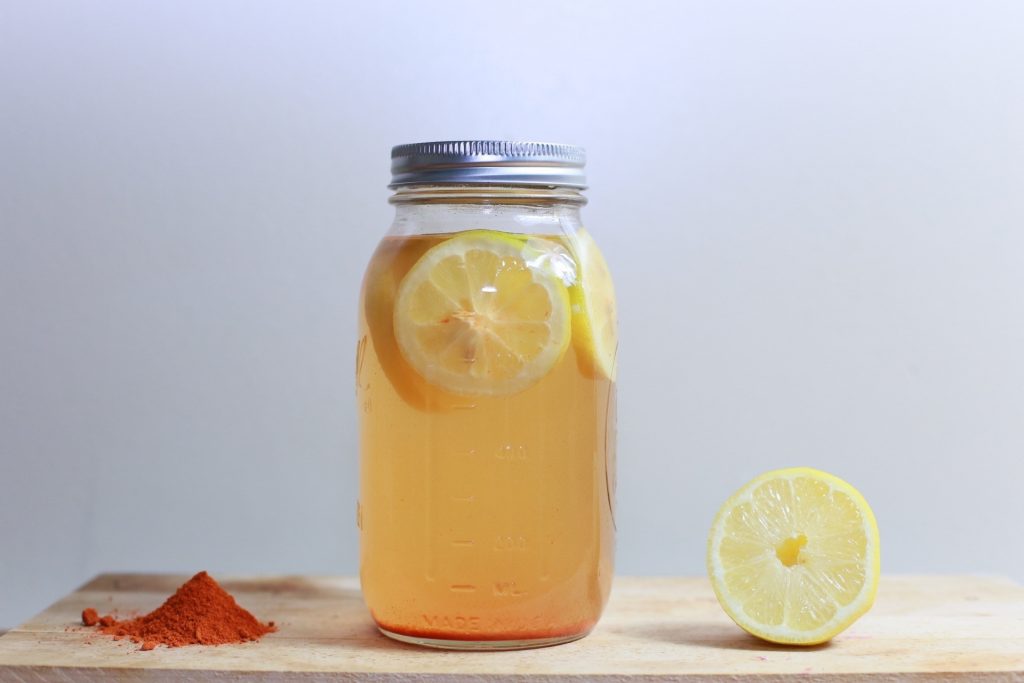
Clean up your dishwashing liquid
Switch to a dishwashing powder or liquid that’s biodegradable and plant-based. These cleansers cut through grime, but they do it without the bleach and phosphates that threaten river and marine life and leave chemical residue on your dishes.
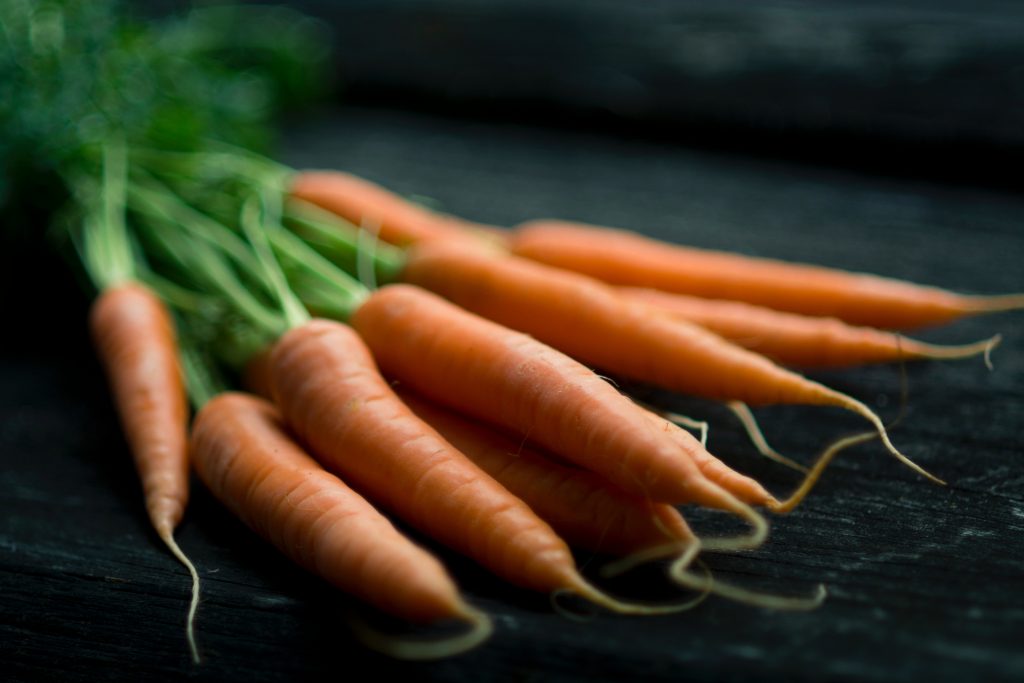
Re-use everything
Change your mind-set and think twice before throwing anything out. Resealable plastic bags that held carrots today can hold crayons tomorrow.
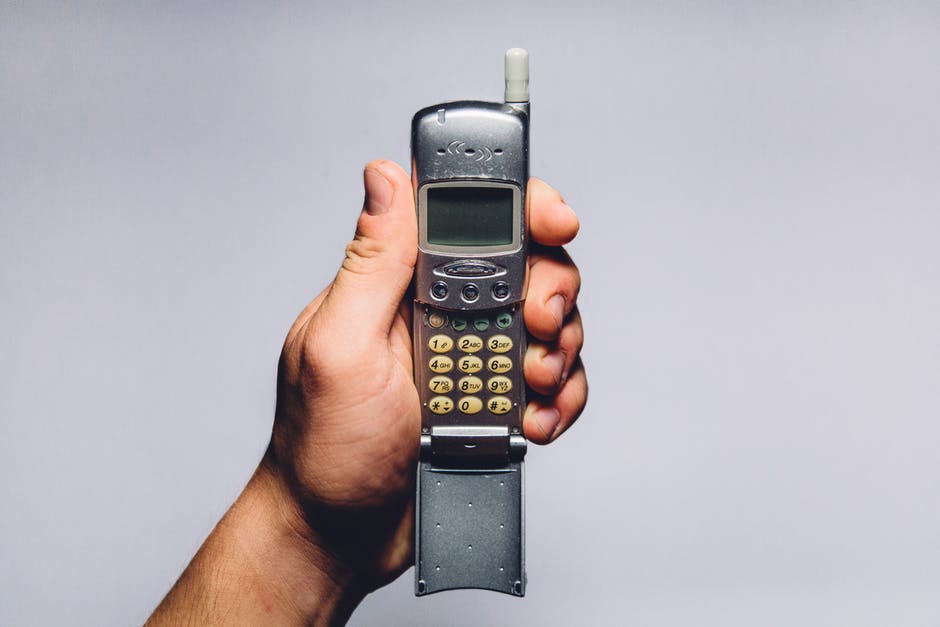
Donate old cell phones
About 130 million mobile phones are retired every year, resulting in more than 65,000 tons of waste―including potentially hazardous materials, such as lead and mercury. Recycle yours with Call2Recycle.org (log on to find a drop-off location near you) or programs like collectivegood.com (a clearinghouse for nonprofit phone-recycling efforts) to benefit groups such as the American Red Cross.

Carry a water bottle with you
Buy a reusable bottle that fits your lifestyle (and your purse) and skip buying a new one at every lunchtime stop.
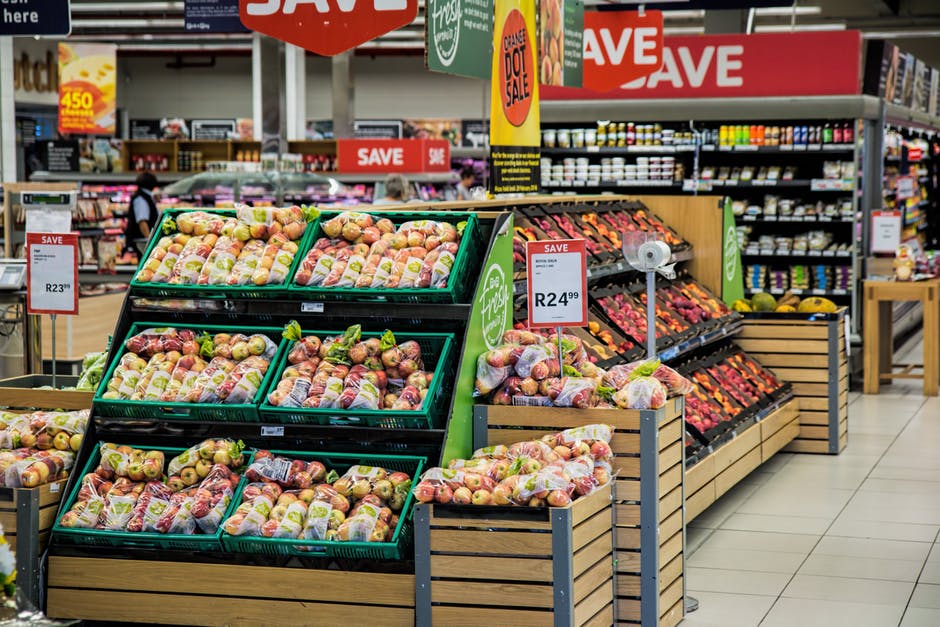
Bring your own bags to the market
Sounds obvious, right? Well, in an average year, U.S. households use about 100 billion plastic bags, 99 percent of which are never recycled.
For further information, visit www.rumixfeelgood.com.






Leave a Reply